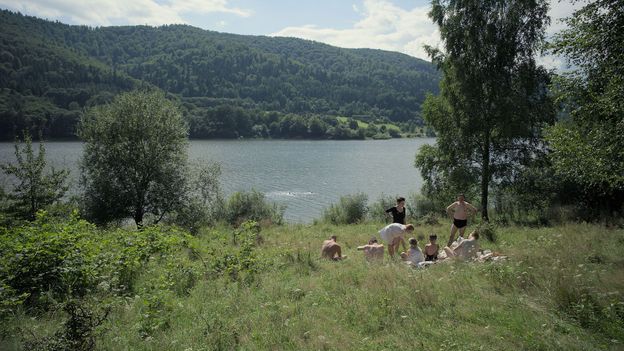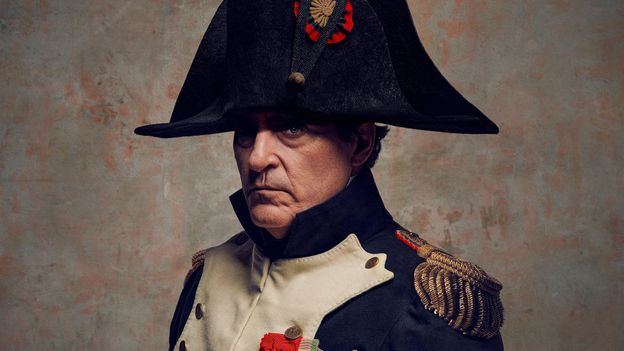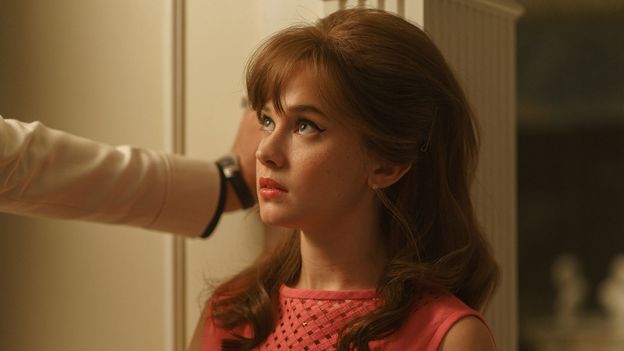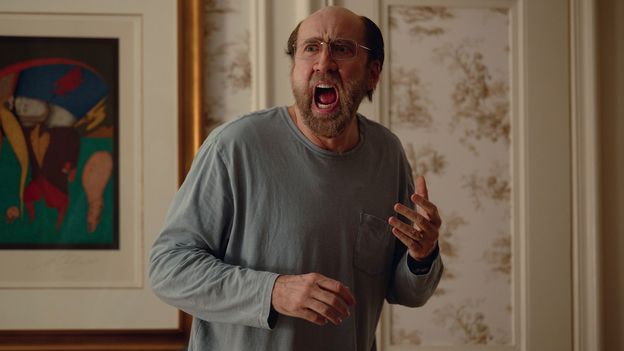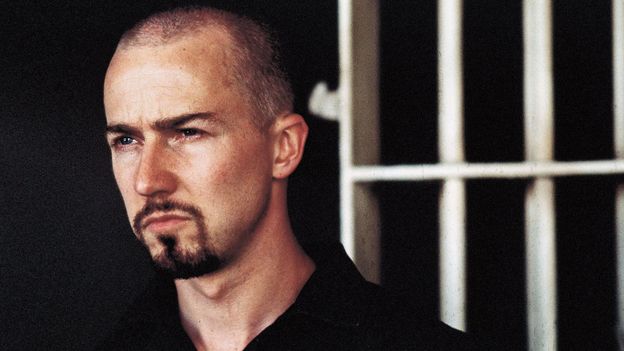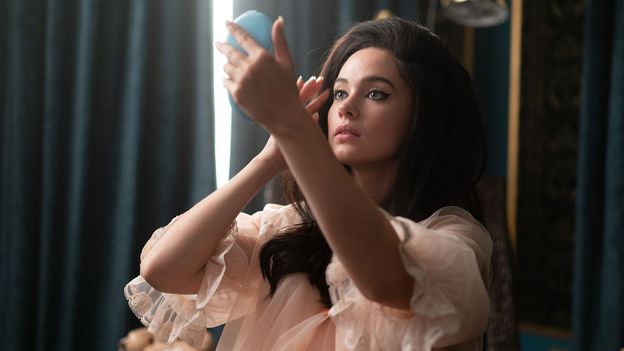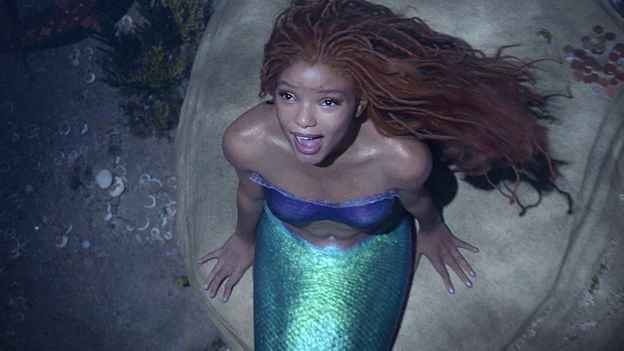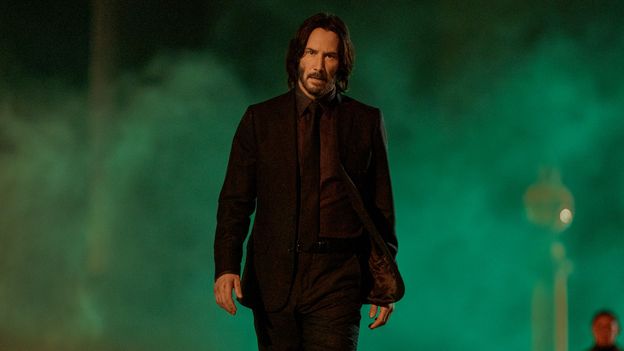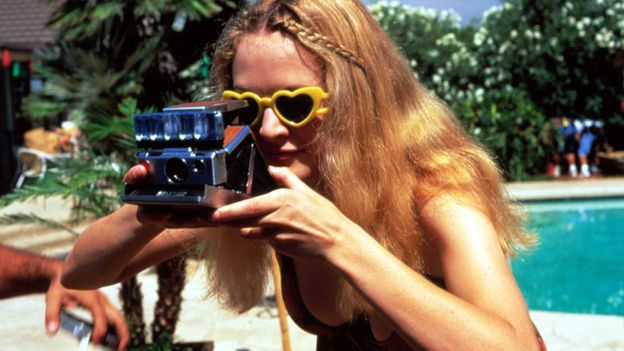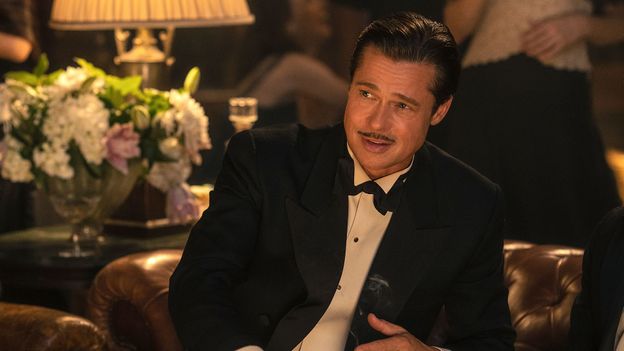Hedwig (Sandra Hüller) is showing her mother around her garden in the sunshine. Three years earlier, it was just a field, but now it has neat lawns, paved paths, a pool, a greenhouse, and thriving flower beds. “It’s a paradise garden,” marvels her proud mother. But, of course, the family wouldn’t have their enviable home if it weren’t for the hard work of Hedwig’s husband Rudolf (Christian Friedel). “He’s under pressure like you wouldn’t believe,” she says.
The women’s quiet, middle-class chit-chat could hardly be more ordinary, but it’s rendered dizzyingly surreal and deeply horrific by certain details that they don’t seem to notice: the grey, barbed wire-topped wall on one side of the garden; the barracks and the belching chimney just beyond it; and the constant background noise of industrial rumbling, steam trains chuffing, some intermittent shouting, and the occasional echoing gunshot. Slowly and steadily, without any big, sudden reveal, we learn that Rudolf is Rudolf Höss, the commandant of the Auschwitz concentration camp in Poland, and that he, his wife, and their young children have a contented, healthy, if slightly boring life while thousands of people are killed daily just a few feet away.
More like this:
– New Indiana Jones is ‘like fan-fiction’
– Monster is ‘a marvel’
– Johnny Depp’s return is a flop
Jonathan Glazer, the writer-director of Under the Skin, Birth, and Sexy Beast, has made a Holocaust film like no other – one that makes its point not by depicting the horrors being endured in the camps, but by excluding them. A blood-freezing treatise on the banality of evil, The Zone of Interest is credited as being based on a novel by Martin Amis, but Glazer strips away almost everything in the novel, plot included. The domestic day-to-day business he leaves behind is so understated and undramatic that the film is like a fly-on-the-wall documentary, except that it is composed of beautiful, pin-sharp tableaux. Höss is never shown inside the camp itself, and the nature of his work is barely mentioned, even when he has meetings about quotas and payments with his colleagues. When Hedwig tries on a fur coat that has been delivered to the house along with a bundle of other clothes, and when one of the boys plays with some gold teeth, nobody discusses where the items have come from.

